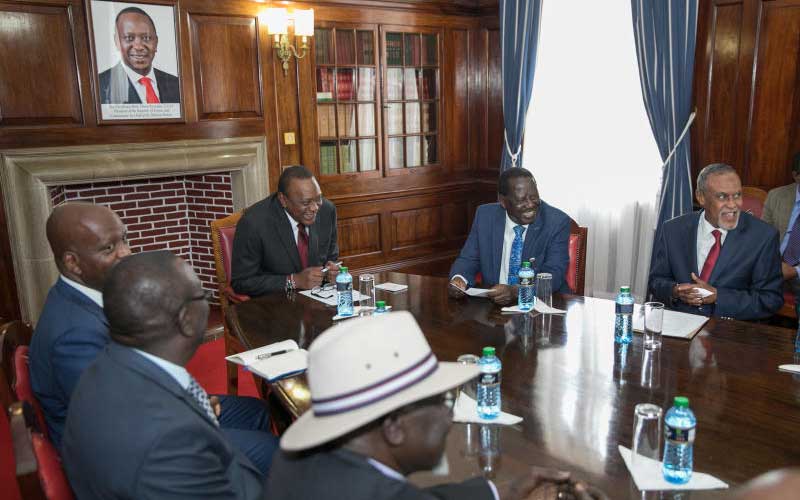×
The Standard e-Paper
Fearless, Trusted News

The team picked to consolidate the aspirations of President Uhuru Kenyatta and opposition chief Raila Odinga has asked for an extension of its one year mandate so that they can collect views from all the counties as opposed to regions as they had earlier planned.
The Building Bridges Initiative (BBI) joint secretary Paul Mwangi said they had decided in the spirit of inclusivity to visit all the 47 counties a move that would not be realised before the May deadline.